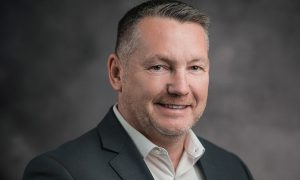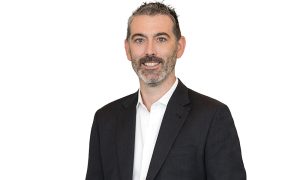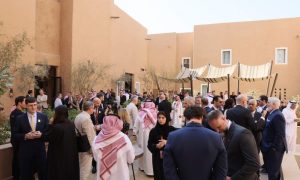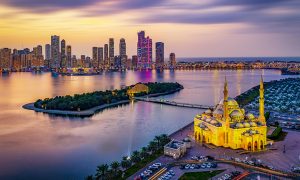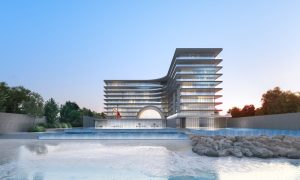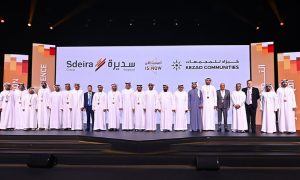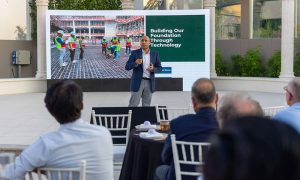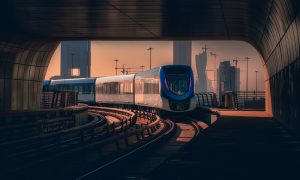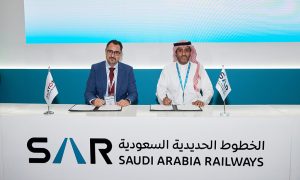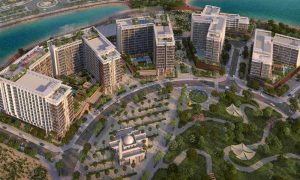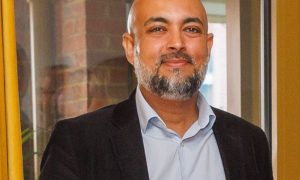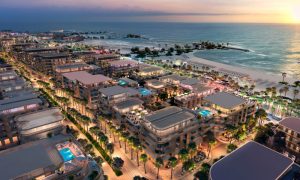We are witnessing a dramatic rise in biochemical infrastructure in the UAE
Matthew Sexton, managing director at Dubai-based design firm, SAY Studio, seeing dramatic increases in biochemical laboratory proposal requests
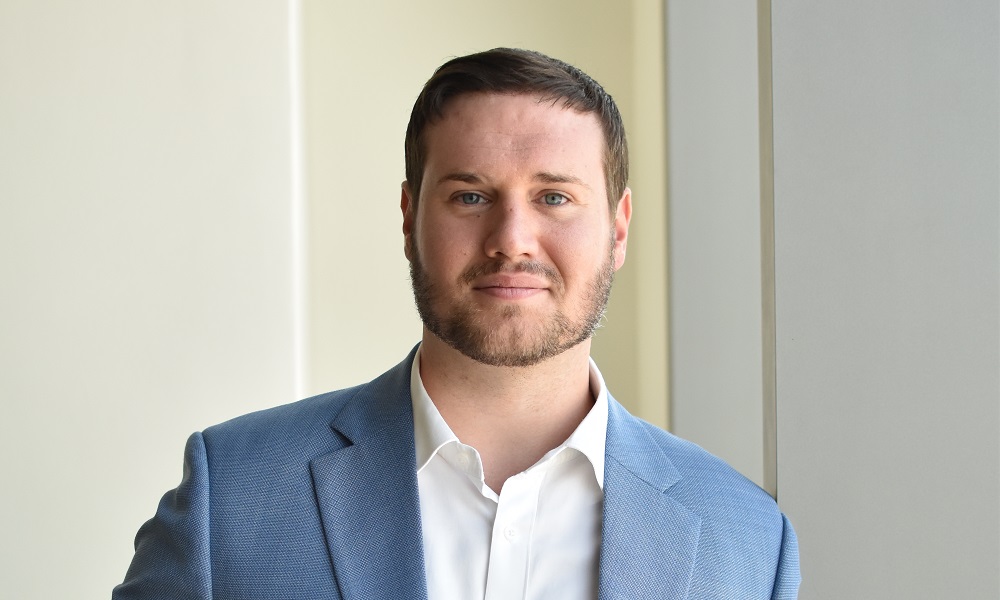
As a design firm, we have seen a dramatic increase in biochemical laboratory proposal requests, over the last eighteen months, and currently have three active projects in this sector. All three are in Dubai which shows investment in this space, mainly from the private sector, compared to Abu Dhabi which is experiencing huge growth in the same sector, driven by public funding.
All three projects have asked for a design of their GCC headquarters laboratory space and there are definitely consistencies in requirements across the workplace brief in particular, such as; a hospitality style look and feel, providing an inspiring and innovative workplace for employees and customers, inclusion of sustainability and wellness within the design framework. The design of the labs themselves are always bespoke and particular to its function.
The UAE government continues to diversify the economy away from oil, to boost private sector growth and to establish a knowledge-driven economy, in the long-term. The UAE is already one of the most diversified Gulf States, with non-oil sectors accounting for 74 per cent of the UAE’s total GDP, and one of the most attractive foreign investment destinations in the MENA region. We can see a substantial uptake in biochemical labs with government initiatives such as local manufacturing and distribution of the Sinopharm vaccine driving local production.
Construction within the Middle East chemicals sector is expected to grow by an approximate 5.5 per cent compound annual growth rate by 2024. This growth, according to clients, will largely be driven by the extensive demands brought about by the increase in infrastructure within healthcare industries. For its part, Saudi Arabia is poised to become the largest market for construction chemicals in the region, where the total consumption is driven by the end-user industries, such as construction, healthcare, pharmaceutical and packaging.
In the UAE, Abu Dhabi’s Department of Economic Development (ADDED) has announced that work is currently under way on ten major industrial projects linked to pharmaceutical and medical industries. The investment of AED932 million ($253 million) is in order to help achieve self-sufficiency in the emirate’s health sector, after the corona virus highlighted gaps in local healthcare capabilities.
His Excellency Mohammed Ali Al Shorafa Al Hammadi, member of the Executive Council and Chairman of the Abu Dhabi Department of Economic Development (ADDED) said that the ‘Basic Industries’ projects seek to create new investment opportunities and promote self-sufficiency in the food, health industry and energy sectors. Of the 23 areas identified for investment in the health sector, nine belong to pharmaceuticals. Factories that have licenses with ‘Production’ status are identified for the production of medical protection supplies with AED268 million as investment value; four specialized in pharmaceutical production with an investment value of AED467 million; and four factories for the production of medical devices and equipment with an investment value of AED334 million, have been noted to date.
With healthcare infrastructure on the rise across the GCC, to service local demands without the need to import, SAY Studio anticipates a continued surge in healthcare infrastructure projects across the laboratory and pharmaceutical spaces. It’s been great to see this sector adopting employee-focused design and we expect it will continue to merge optimal elements from multiple sectors to become a frontrunner in workplace optimisation.
